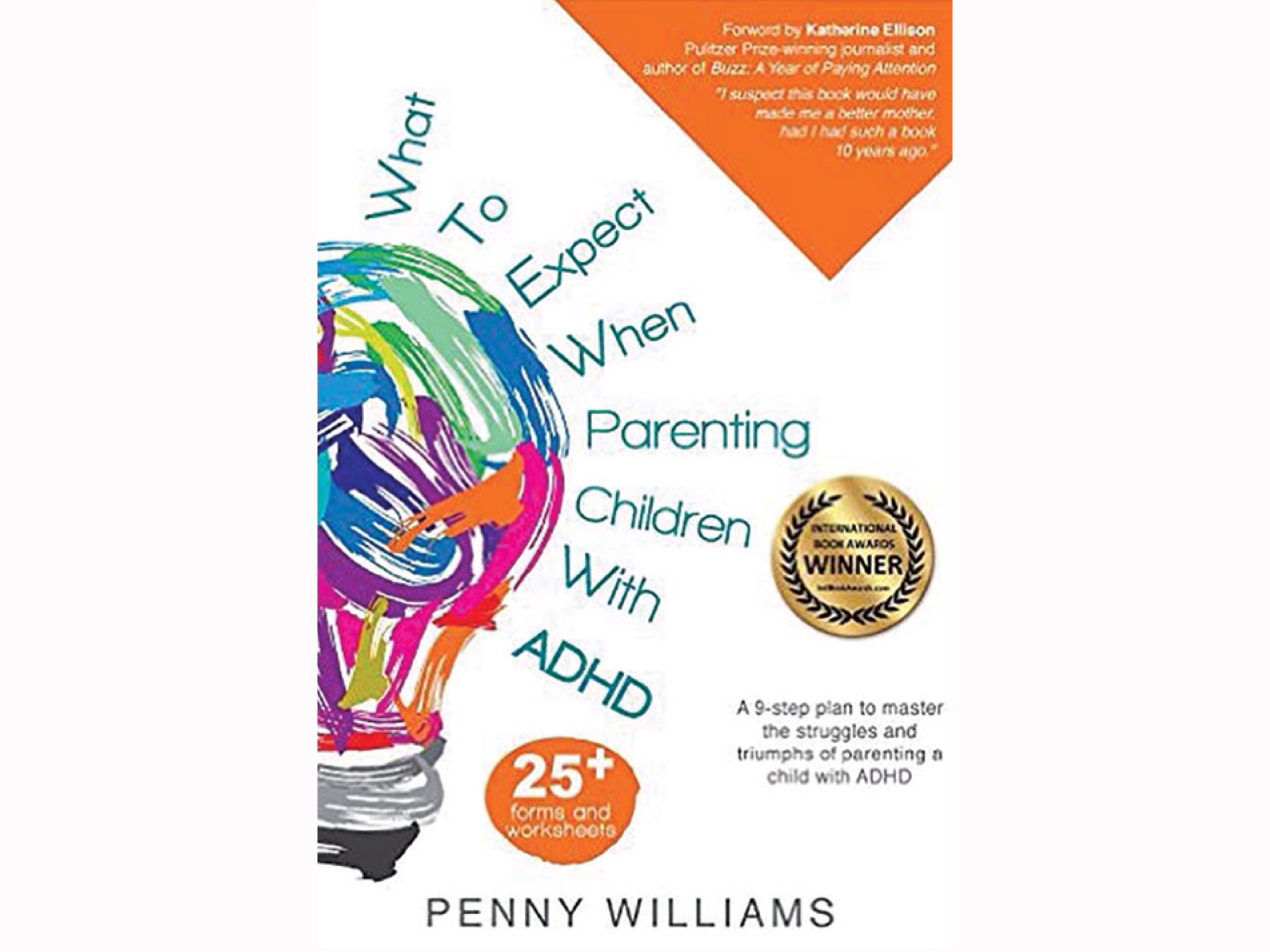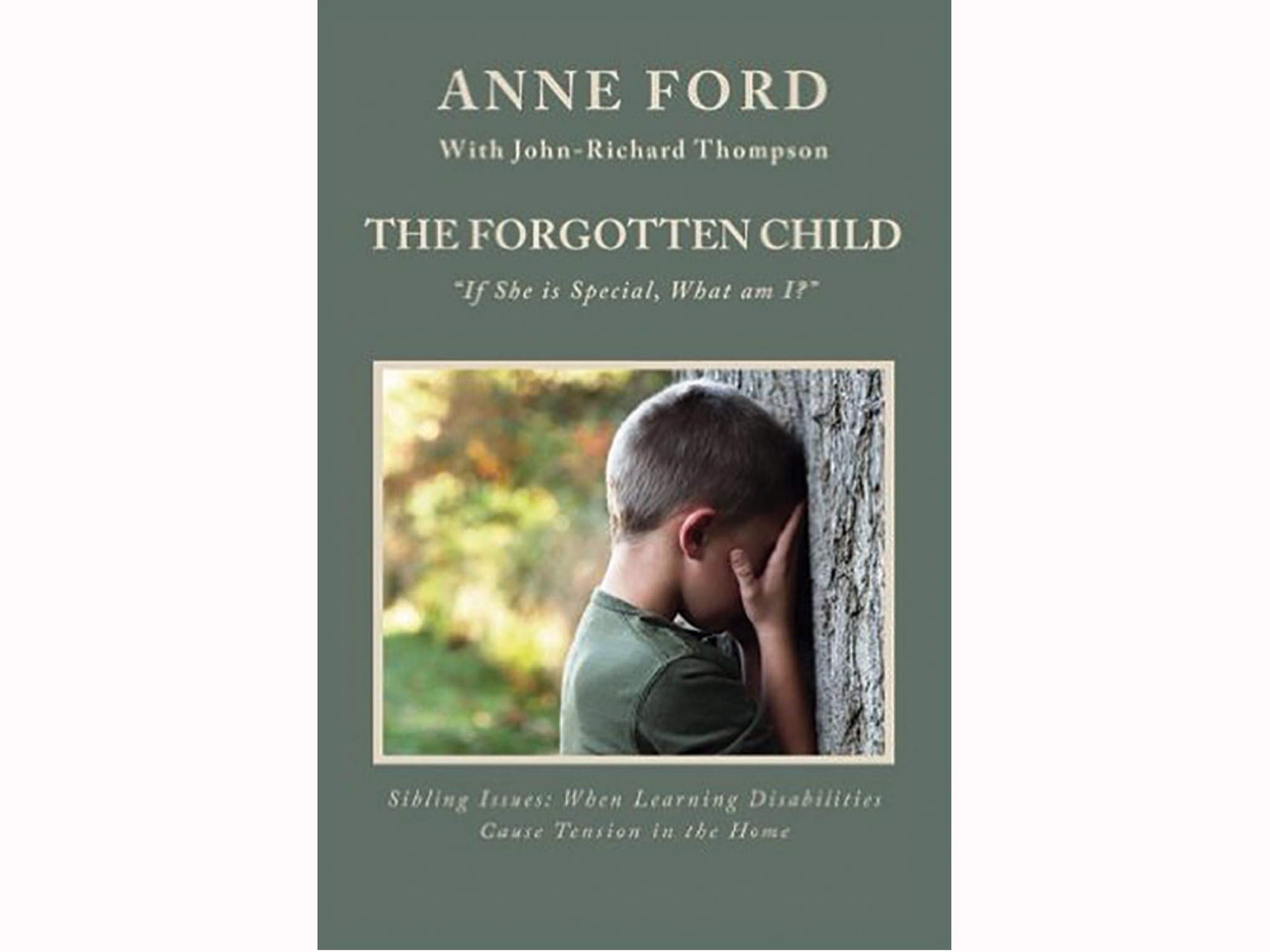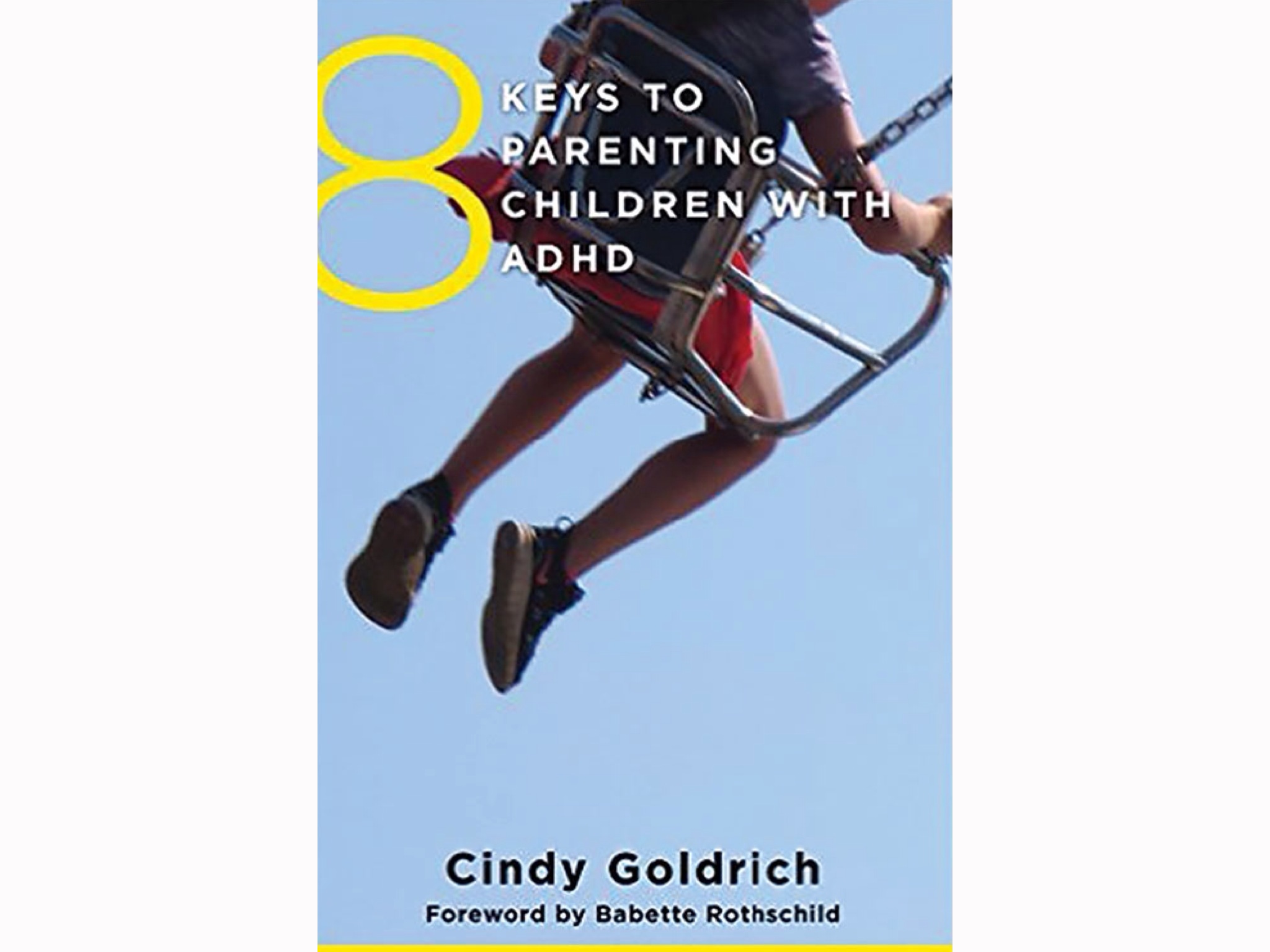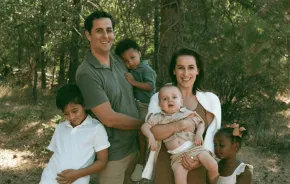As a a parent of a daughter with learning differences, I often have a hard time looking at the big picture. I see what’s right in front of me: a girl who struggles with speech, reading, math, writing and complex physical skills such as jumping rope. But if I step back, I see that we live in a lucky time: Resources are all around my family. Lately, I’ve been stepping back by diving into books. Away from the constant flash of the Internet’s latest news, books offer parents (and sometimes kids) who are navigating learning differences and special needs a deep well of information, resources and support.
This curated roundup gathers new titles in the special needs/atypical learner category.
1. Thinking Differently: An Inspiring Guide for Parents of Children with Learning Disabilities
by David Flink
This book’s author is cofounder of Eye to Eye, a national mentoring organization that pairs young people with learning differences with mentors who share that experience. Flink also has dyslexia and attention deficit hyperactivity disorder (ADHD), and he shares much personally attained knowledge, such as this statement: “Perhaps the most important shift that happened at Brown [University] was that I finally believed I was smart.” Better yet, the book is full of helpful information for parents and educators. Maybe you haven’t done any testing for differences yet; read the chapter that covers this topic. Or maybe your teen is pondering college; Thinking Differently covers that, too.
2. What to Expect When Parenting Children with ADHD: A 9-step Plan to Master the Struggles and Triumphs of Parenting a Child with ADHD
by Penny Williams
This author has already penned an award-winning memoir about parenting a child with ADHD (Boy Without Instructions). Now she turns her trial-by-fire experience into practical advice. This workbook-style guide starts with a chapter titled “Get Over It,” which gives parents space to both freak out and focus on the positive. This book is both compassionate and thorough, with clever, fun pictures and workbook pages that really focus on seeing and helping the child. Some of them are just waiting for a photocopy machine, such as the morning routine checklist, complete with a space for a child’s name and a smiley face.
3. Fish in a Tree
by Lynda Mullaly Hunt
I read this chapter book out loud to my daughter. It’s about a sixth-grader named Ally who thinks she’s stupid because she can’t read. Her new teacher uncovers Ally’s dyslexia while pointing out her numerous gifts. There’s a fantastically mean girl named Shay, unconventional students who befriend Ally and an older brother who doesn’t realize that he also has dyslexia. On our last night of reading the book, I cried while Ally learned about famous people with dyslexia. My daughter asked me why I was crying, and I told her I was thinking about how hard it was for her to learn to read. “Do you remember that?” I asked. And she said no, not really. For this conversation and others we had — not just about dyslexia, but many topics including bullying and why kids are mean — I’m glad we read this book together.
4. The Forgotten Child, “If She Is Special, What Am I?”: Sibling Issues: When Learning Disabilities Cause Tension in the Home
by Anne Ford
This book contains a vast array of stories about families and how they balance attention between their child with learning issues and their child (or children) without learning issues. The writing and compelling scenes pull the reader in. By filling the book with so many different tales, Ford creates many access points for parents who all have different stories of their own. If you’re looking for guidance on how to deal with difficult sibling relationships, this book is for you.
5. Not What I Expected: Help and Hope for Parents of Atypical Children
by Rita Eichenstein, Ph.D.
The author walks parents through the five stages of grief over having an atypical learner: denial; anger and blame; bargaining and seeking solutions; depression; and active acceptance. Eichenstein pulls examples from her practice as a psychologist specializing in pediatric neuropsychological assessments. These stories illuminate the journey’s struggles — whether your child has just been diagnosed or is years beyond initial diagnosis. Eichenstein gives parents concrete steps to help themselves and their children. For example, the guidelines to keep anger at bay may sound simple, but are worthy of writing on the kitchen whiteboard: Eat a high-protein breakfast; notice how caffeine affects you; love the body you’re in but keep moving; and get enough sleep.
6. Mindful Parenting for ADHD: A Guide to Cultivating Calm, Reducing Stress & Helping Children Thrive
by Mark Bertin
M.D. Bertin, an ADHD and mindfulness expert, helps parents cultivate perseverance, flexibility and an ability to find joy by teaching them how to practice mindfulness. He also gives the reader a broad understanding of ADHD. Along the way, he guides parents in creating an action plan for helping both their child and themselves. Anyone who likes the workbook model will appreciate the layout of this book, which includes plenty of exercises, grids to fill in and checklists to put action plans into action.
7. 8 Keys to Parenting Children with ADHD
by Cindy Goldrich, Ed.M., ACAC
Wouldn’t it be wonderful to have a certified ADHD coach at your house? Author Cindy Goldrich teaches us what she has learned as a life coach about the research, science and most effective treatment plans for working with people with executive function disorders. This book is like the perfect readable house guest for parents of children with ADHD, showing the hosts the eight steps to “parent the child you have,” as Goldrich writes in the introduction.



















